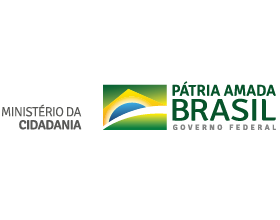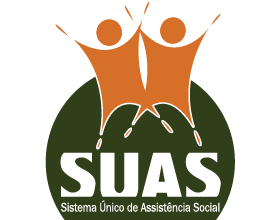Informação geral
- 60h
- Desde a 27/8/2021
- Avaliações
- Inscrições abertas ao público
Sobre o curso
The social protection of people with syphilis, HIV/AIDS, viral hepatitis, tuberculosis, or Hansen's disease in situations of social vulnerability is the theme of this educational module, which contemplates from the recognition of social assistance and health actions, going through discussions about the evidence of social determinants in these infections and diseases, to the recognition of advocacy strategies, social protection, and community participation for the qualification of public policies. Acknowledging the extent of such a theme means paying attention to the social health needs of the population and the importance of bringing together professionals from interrelated areas for joint action.
Objetivos
Module Goal
To orient health and social assistance professionals for developing collaborative actions between SUS and SUAS regarding the social inclusion of people with syphilis, HIV/AIDS, viral hepatitis, tuberculosis, or Hansen's disease in situations of social vulnerability.
Specific Objectives
- Recognize articulated actions between the health and social assistance networks for the social protection of people with syphilis, HIV/AIDS, viral hepatitis, tuberculosis, or Hansen's disease in situations of social vulnerability.
- Learn some general notions and identify the role of social determination and vulnerabilities related to syphilis, HIV/AIDS, viral hepatitis, tuberculosis, and Hansen's disease.
- Recognize the actions of advocacy, social control, and community participation as mechanisms for the qualification of public policies related to the social protection of people in situations of social vulnerability with syphilis, HIV/AIDS, viral hepatitis, tuberculosis, or Hansen's disease.
Conteúdo
Unit 1: Articulation between the Unified Health System (SUS) and the Unified Social Assistance System (SUAS)
Unit 2: Social Dimension and Vulnerabilities Related to Syphilis, HIV/AIDS, Viral Hepatitis, Tuberculosis, and Hansen’s Disease
Unit 3: Advocacy, social control, and community participation
Como nos organizamos
Instructional methods
The course is offered under distance learning. It is self-instructional and mediated by the course material and automated correction activities with feedback to course participants.
Resources
Visual aids such as figures, tables, images, and infographics will be presented. In addition, videos in different formats will be used.
Evaluation
The evaluation is continuous, done at the end of each unit, through quizzes composed of multiple-choice questions. The evaluation system will provide feedback, making it possible to reflect on the selected answers to improve the learning process.
Créditos
Instituições Parceiras








